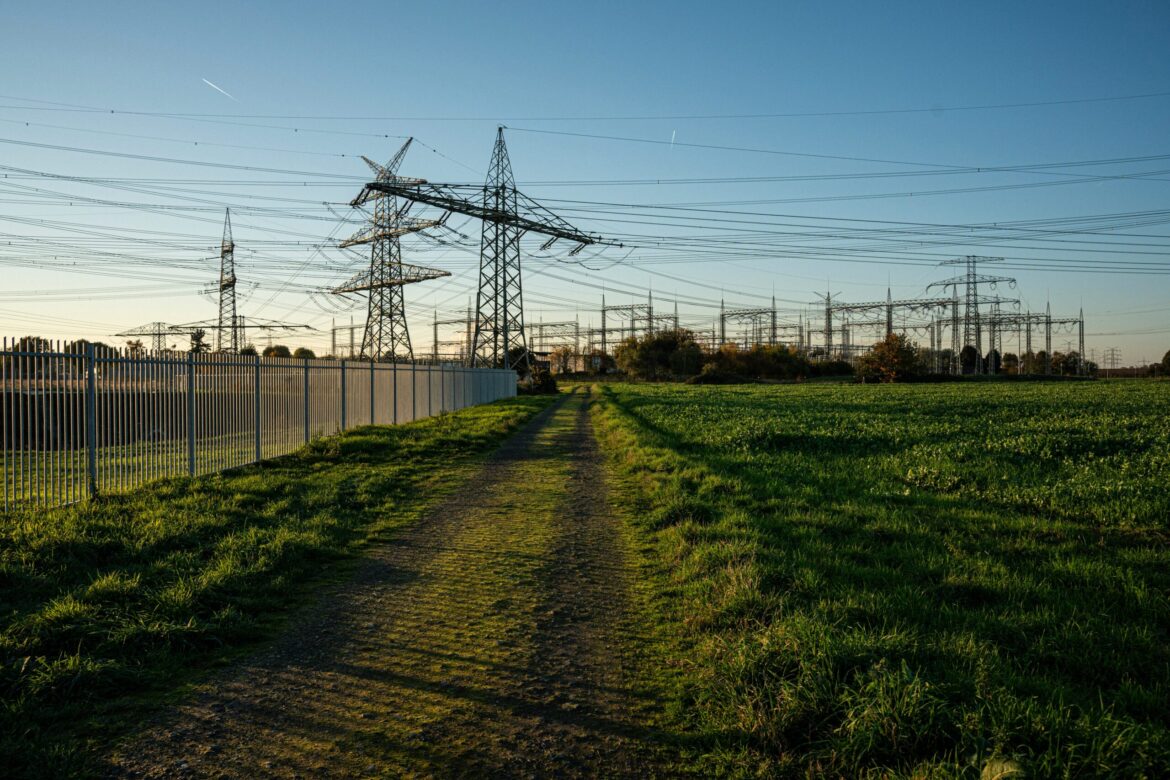On January 10, 2023, Senate Republicans introduced a new bill aimed at freezing federal funding for key elements of President Joe Biden’s Green New Deal agenda. The bill, known as the “Energy Security and Economic Relief Act,” seeks to halt the allocation of funds for initiatives aimed at transitioning the U.S. to renewable energy sources, citing growing economic concerns and rising energy costs.
Senator John Barrasso (R-WY), a vocal critic of the Biden administration’s environmental policies, led the effort, arguing that the Green New Deal’s focus on rapid decarbonization is damaging to American families and businesses. Barrasso, who serves as the ranking member of the Senate Energy and Natural Resources Committee, was joined by other GOP lawmakers including Senator Ted Cruz (R-TX) and Senator Lisa Murkowski (R-AK), all of whom contend that the administration’s policies are hurting the country’s energy independence and driving up costs for consumers.
“We must pause and reconsider these policies that are making energy more expensive for working families while doing little to solve climate issues in the long term,” Barrasso said at a press conference introducing the bill. “By redirecting taxpayer dollars away from extreme Green New Deal projects, we can invest in policies that create affordable, reliable energy while still advancing sustainability.”
The bill specifically targets funding for projects aimed at reducing carbon emissions, including electric vehicle incentives, solar and wind energy subsidies, and large-scale renewable energy programs. The GOP argues that these measures are too costly and have contributed to supply shortages and inflated energy prices, which have become a significant burden for households across the U.S.
Supporters of the bill point to rising electricity and gas prices, as well as an overreliance on foreign energy sources, as clear signs that the Green New Deal’s approach is failing. Republican lawmakers are advocating for a more gradual transition to renewable energy that prioritizes energy security and affordable energy for Americans.
However, the Biden administration has defended the Green New Deal initiatives, stating that they are necessary to combat climate change and reduce the country’s dependence on fossil fuels. Environmental groups have also expressed strong opposition, arguing that the bill’s passage would derail efforts to address global warming and environmental degradation.
“Freezing funding for green initiatives is a step backward,” said a spokesperson from the Sierra Club. “We need stronger, not weaker, investments in clean energy to protect future generations and preserve the planet.”
As energy costs continue to rise and the debate over climate change intensifies, the outcome of this bill will likely have significant consequences for U.S. energy policy, particularly as Republicans continue to position themselves as the party of economic growth and energy independence.

